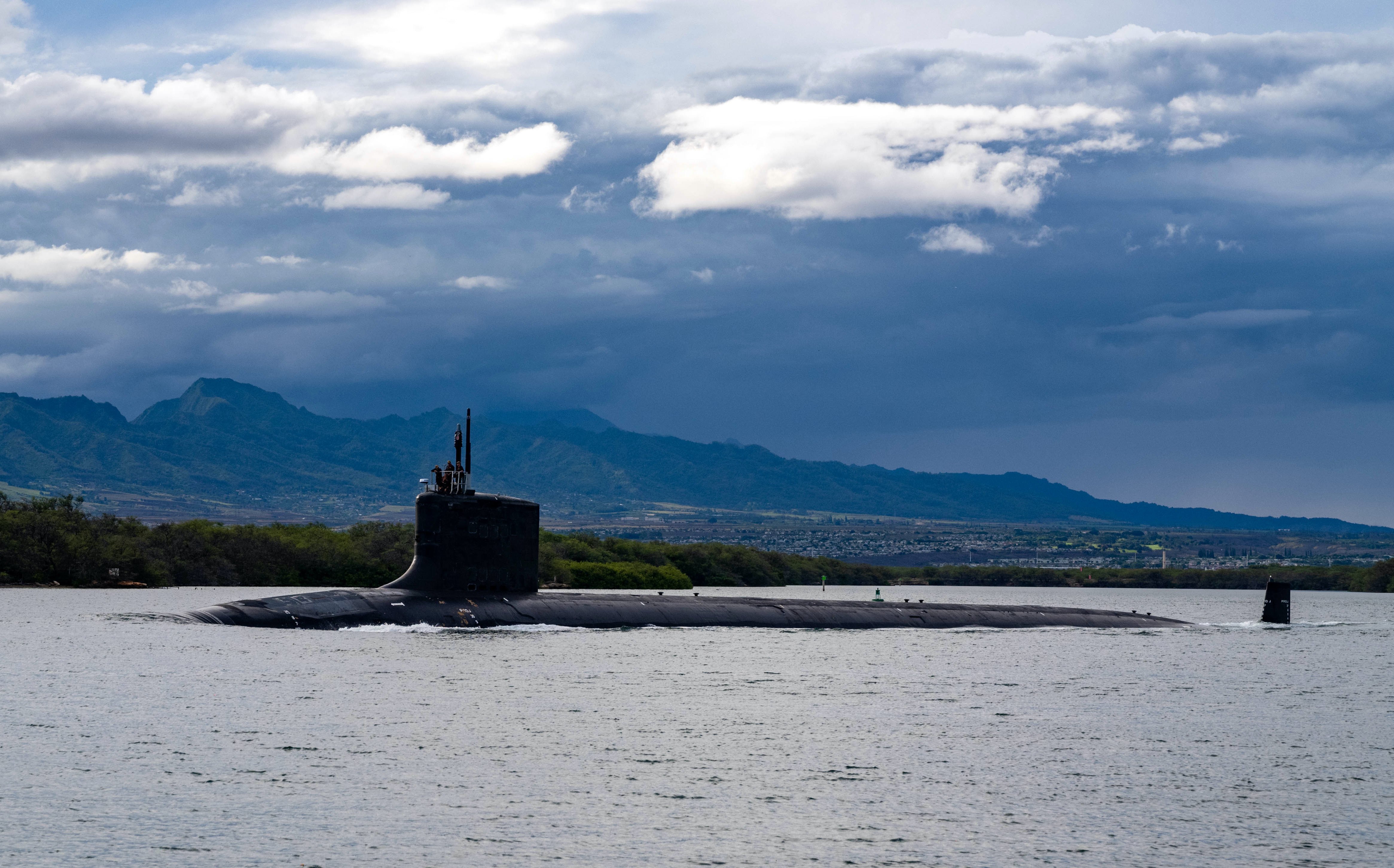The following is the Aug. 28, 2020 Congressional Research Service report, Military Courts-Martial Under the Military Justice Act of 2016.
From the report
The Supreme Court has called military justice a system of justice separate from jurisprudence in the civilian courts. Members of the Armed Forces are subject to rules, orders, proceedings, and consequences different from the rights and obligations of their civilian counterparts. Accordingly, it might be said that discipline is as important as liberty interests in the military justice system. The Constitution specifically exempts military members accused of a crime from the Fifth Amendment right to a grand jury indictment, from which the Supreme Court has inferred there is no right to a civil jury in courts-martial. However, in part because of the different standards provided in courts-martial, their jurisdiction is limited to those persons and offenses the military has a legitimate interest in regulating.
Congress enacted the Uniform Code of Military Justice (UCMJ) under its constitutional authority to provide for disciplining the land and naval forces. Presidents have implemented the UCMJ through the Manual for Courts-Martial (MCM). The MCM contains the Rules for Courts-Martial (R.C.M.), the Military Rules of Evidence (Mil. R. Evid.), and the punitive articles of the UCMJ, with commentary. The MCM covers almost all aspects of military law.
The UCMJ gives courts-martial jurisdiction over servicemembers as well as several other categories of individuals connected to the uniformed services. There are three types of courts-martial: (1) summary court-martial (for minor offenses), (2) special court-martial (for offenses tantamount to misdemeanors), and (3) general court-martial (for offenses tantamount to felonies). While the R.C.M. and the Mil. R. Evid. are applicable to all courts-martial, the jurisdiction and authorized punishments vary among the different types.
A number of concerns relating to military justice led Congress in 2016 to enact the Military Justice Act of 2016 (MJA), which made sweeping changes to the UCMJ. The UCMJ provides the basic framework for the military justice system and defines offenses subject to trial by court-martial. Proponents of reform have for decades advocated changes relating to military jurisdiction; pretrial, trial, and post-trial process; over charging; court-martial panel selection; and appellate review. A perennial concern has been the perception of a lack of complete judicial independence, as well as commander’s control over courts-martial, in part by choosing which charges to prefer against whom and by exercising post-trial clemency. One major recent concern has been the handling of sexual assault cases in the military. Congress enacted the MJA and other amendments to the UCMJ to address some of these issues.
This report provides an overview of the military justice system and the reforms enacted through the MJA and other legislation. It begins with a discussion of due process followed by a background of constitutional underpinnings for the military justice system and Congress’s role in it. It follows with a discussion of military jurisdiction, military offenses set forth in the punitive articles of the UCMJ, and the three types of court-martial. The report continues with overviews of pretrial and trial process, sentencing and post-trial process, and appellate procedures. The report concludes with a table comparing selected constitutional protections as they apply in general courts-martial with those that operate in federal criminal court.
Download document here.





